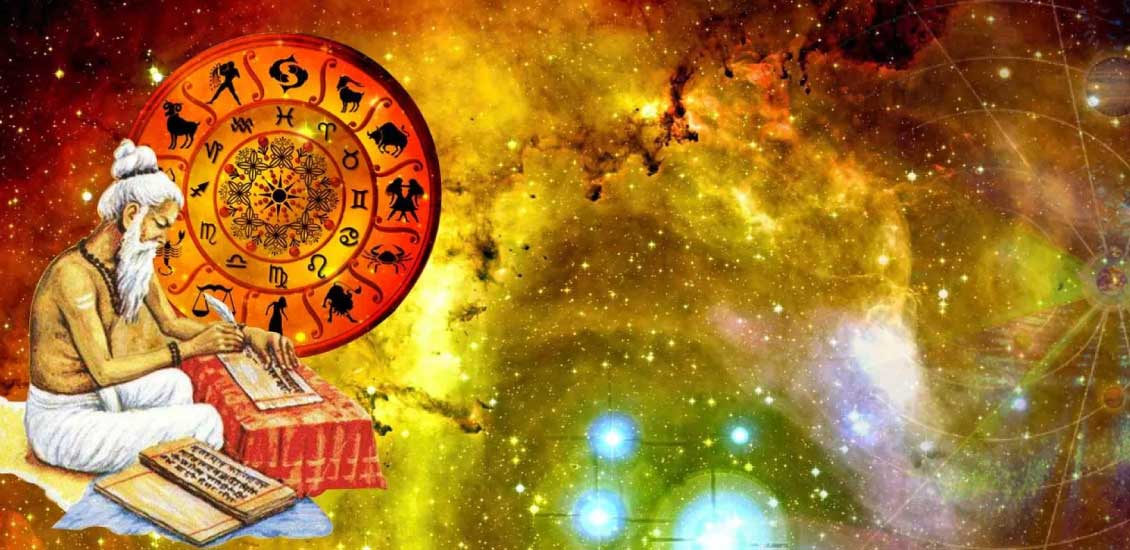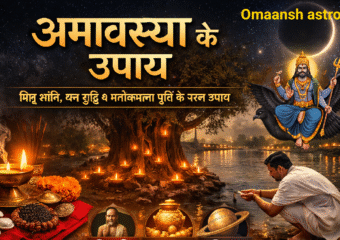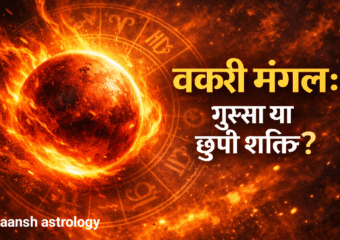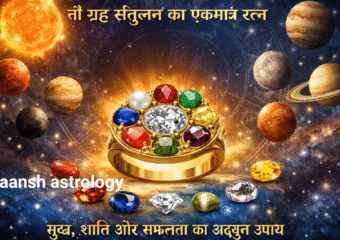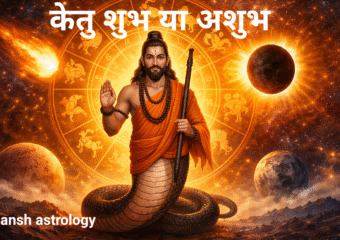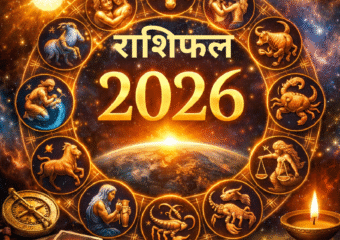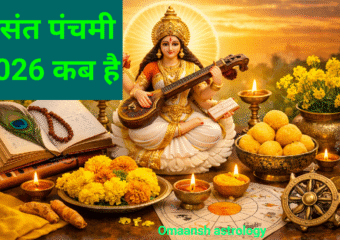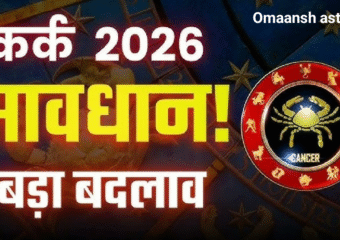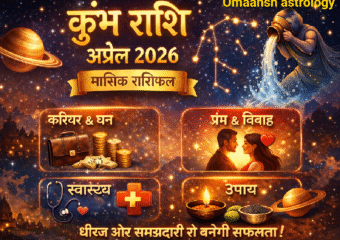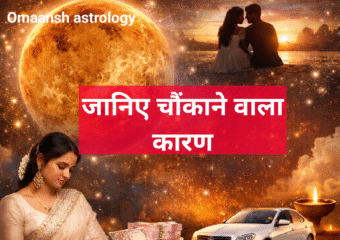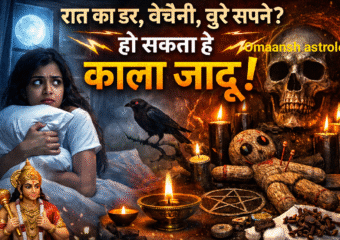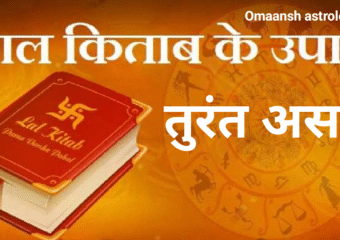Vedic astrology, also known as Jyotish Shastra, is a traditional system of astrology originating from ancient India. It is believed to be one of the oldest and most comprehensive forms of astrology in the world, dating back thousands of years. Here are some key aspects and content you might find in Vedic astrology:
Planetary Positions and Movements: Vedic astrology places great emphasis on the positions and movements of celestial bodies, including the Sun, Moon, planets, and constellations (nakshatras). These positions are thought to influence individual lives and events on Earth.
Horoscope or Birth Chart (Kundli): Central to Vedic astrology is the construction of a birth chart, also known as a Kundli. This chart is created based on the exact time, date, and place of an individual’s birth. It maps the positions of celestial bodies at the moment of birth and serves as a blueprint for understanding one’s personality, strengths, weaknesses, and life events.
Navagrahas (Nine Planets): Vedic astrology recognizes nine planets, including the Sun, Moon, Mercury, Venus, Mars, Jupiter, Saturn, Rahu, and Ketu. Each planet is believed to govern specific aspects of life and has its own unique characteristics and influences.
Dashas and Bhuktis (Planetary Periods): Vedic astrology uses a system of planetary periods, known as dashas and bhuktis, to predict the timing of events in a person’s life. These periods are determined based on the positions of planets in the birth chart and can provide insights into major life transitions and experiences.
Astrological Remedies: Vedic astrology offers various remedies and rituals to mitigate the effects of planetary afflictions or enhance the positive influences of benefic planets. These remedies may include wearing gemstones (known as birthstones), chanting mantras, performing puja (ritual worship), or engaging in specific spiritual practices.
Astrological Compatibility (Guna Milan): In Vedic astrology, compatibility between individuals is assessed using a method called Guna Milan, which compares the birth charts of partners to determine their compatibility for marriage or partnership. Factors such as planetary positions, strengths, and weaknesses are analyzed to assess the overall harmony between two individuals.
Astrological Consultation and Prediction: Vedic astrologers offer consultations to individuals seeking guidance on various aspects of their lives, including career, relationships, health, and finances. Through the analysis of birth charts and planetary influences, astrologers provide insights and predictions about future events and opportunities.
Yogas and Doshas: Vedic astrology identifies specific combinations of planetary placements known as yogas, which can indicate auspicious or inauspicious conditions in a person’s life. Doshas, or planetary afflictions, are also considered, and remedies may be prescribed to mitigate their negative effects.
Branches of Vedic Astrology: Vedic astrology encompasses various branches, including natal astrology (Janma Kundli), electional astrology (Muhurtha), medical astrology (Ayurvedic Jyotish), and predictive astrology (Phalita Jyotish), each focusing on different aspects of life and application of astrological principles.
Vedic astrology continues to be deeply ingrained in Indian culture and spirituality, serving as a guiding force for millions of people seeking insight, guidance, and spiritual growth.
